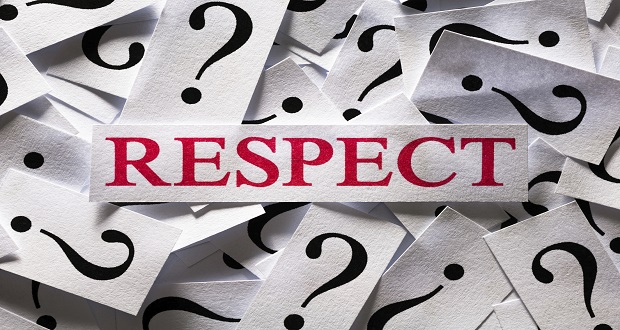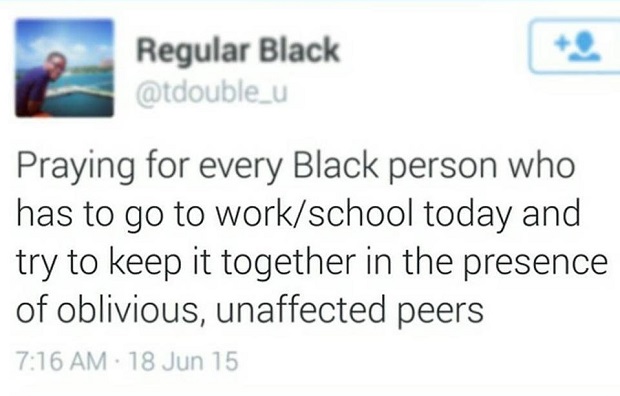
I’ve been on the road about 25 weeks of the year so far, mostly facilitating cross-cultural classes. One of the regular discussions we get into in class is how we all want to be respected, but too often, we have set expectations of what kind of behavior is respectful. What I’m discovering is that despite our best intentions, we don’t really respect other people.
Why? Well, we’re taught basic humanity, which assumes that we all have the same fundamental experience of the world. When we treat people like we want to be treated, we’re assuming they have the same definition of respect that we do. The thing is, they don’t. Direct eye contact is respectful behavior. So is lack of eye contact. Saying “yes ma’am” to a woman in the Southern states is respectful; doing the same to a woman in the Midwest could be seen as disrespectful. Speaking directly to a person you are having a conflict with is considered “professional,” and that is “respectful.” Yet, indirect communicators might view direct communication as “rude” and “disrespectful.”
Nearly every organization has “respect” as a basic value. Clearly, the intent is good. But what you’ll find, time and time again, is that values around respect are written with an assumption that we all just know what respect is, yet none of the companies actually describe the behavior. Far too much is left open to interpretation, which only leads to misunderstanding. A quick sample:
- “We treat one another with respect and take pride in the significant contributions that come from the diversity of individuals and ideas.”
- “Respect helps us to value differences, to appreciate each person for her or his unique qualities. Through respect, we help bring out the full potential of each person.”
- “We depend on the relationships we have and respect each other and those we work with.”
Of course, we all want to treated with respect, and we all try to be respectful to others. However, to truly be respectful, we have to understand that there are different behaviors around respect. One of the most respectful things we can do is to understand how another person would like to be respected.
How many different ways do you have of showing respect? Do you strive to respect other people in the way that they want to be respected? Until you can do that, you’re not really showing respect.


















